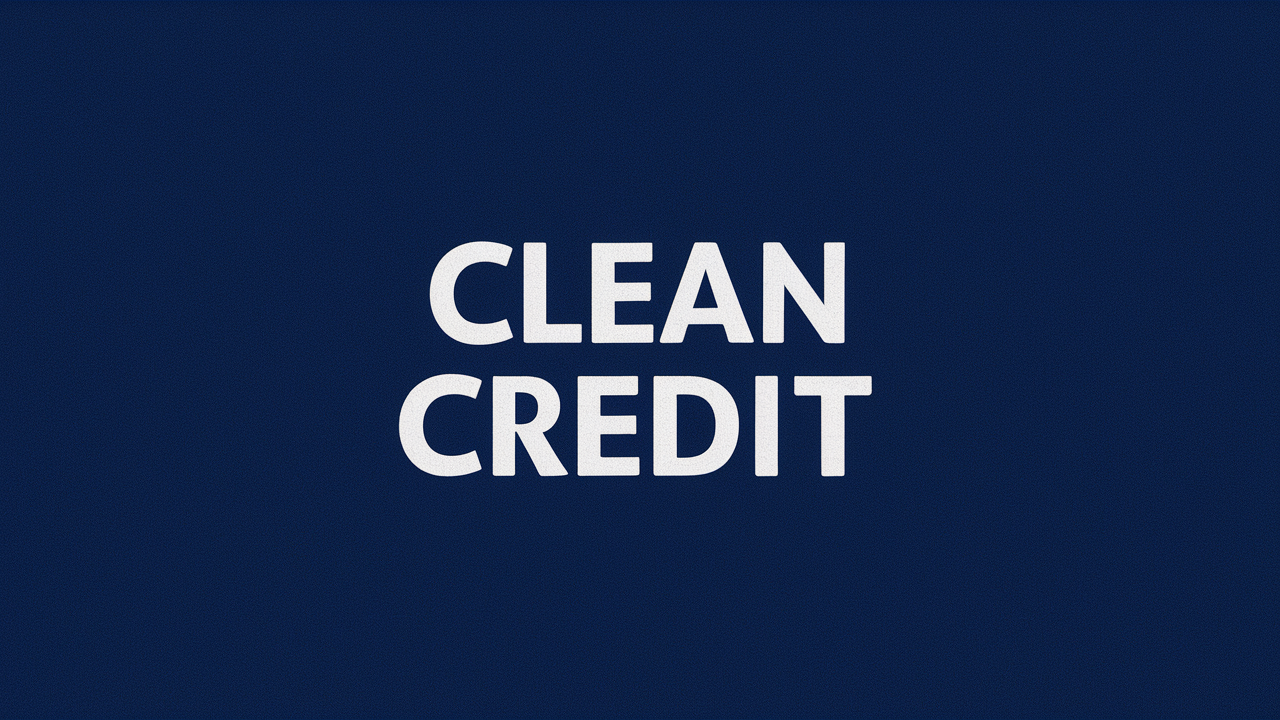
One of the main problems of having bad credit is that it can greatly affect different aspects of your life. It can deny you loans, credit cards, mortgages, tenancy, and employment, and even discount you when you are granted the privileges. Thankfully, there are things that you can do that can help you to clean your credit slate and get yourself a good score. Here's how:
Review Your Credit Reports
The first step involves accessing your credit reports from Experian, Equifax, and TransUnion. Scrub them for such things as mistakes, fraud, and other issues that can lower your score and are outdated. Go through the credit reports and challenge the bureaus to have whatever inaccurate information that is there to be removed. This can give your score a much needed boost right at the onset.
Pay Down Balances
Too many credit cards and a high balance remaining on them also have a negative impact on your credit score. Keep credit card and most other loan balances as low as possible, ideally below the 30% credit utilization rate. Reducing other liabilities such as installment loans can also assist. That is why eliminating balances proves they are managing their credit in a sensible manner.
Negotiate With Creditors
Due to this, refunding should be made by directly calling your creditors and offering to make a lump sum settlement where you are allowed to pay off a lump sum of money and get a new interest rate and payment terms which are way much easier for you to pay. Paying off balances in full helps creditors agree to ‘delete’ negative info from your reports under the guise of an incentive called “pay for delete.” Make sure to have any changes to the agreement to be made in writing before paying balances.
Consolidate High Interest Debt
This refers to the fact that, when several high-interest debts are paid, and one is used to combine them and make a single payment on a low fixed rate, then it is easier to make payments. This can make balances more manageable to pay off faster, as well, especially for those who do not have significant credit card debt. Rates by store credit, banks, and other online lenders. When it comes to the rates, fees and other conditions, it is crucial to make a distinction between equivalents.
Limit New Credit Applications
A hard inquiry occurs each time you apply for a new credit line or credit itself is checked on your reports. Although it is okay to make many purchases, doing it frequently is seen by credit card companies as a sign that you are a high-risk borrower. Do not open new credit accounts; do not apply for credit cards or other credit lines when not essential. However, it is worthy of note that obtaining more than one hard inquiry on your credit report is likely to bring down your rating.
Become an Authorized User
Another way is to get someone you Know like a family member or a friend with an old credit card account, perfect payment history and high credit score to add on your name as an authorized user. Their positive credit information can be reported to you in the bureau to help you raise your credit score. Again, ensure they have proper credit management if they opt for this approach.
Dispute Negative Information
This is done through sending validation letters to the creditors and debt collectors who report negatives on your credit file such as; late payments, charge-offs and collections among others. Tell them to justify the information as true and that it belongs to you. If they are not in a position to substantiate it sufficiently, then the credit bureaus are mandated by the Fair Credit Reporting Act to delete those derogatory items. This can once and for all get rid of big score cutters.
In general, as we bear with one another and time passes by, we ought to be patient enough to let time take its course.
Bad records last as long as 7 years and less than 3 years from the time you were informed or the time you discovered the error. Do not make a new mistake with credit. The negative information which are the black marks, on the other hand, have an impact that reduces the score and they disappear from the reports on their own over time. This type of cleansing can help to bring the score up gradually, which is important if you need to increase the score significantly.
Therefore, reviewing reports, paying off or settling with creditor, managing to consolidate debts, limiting credit inquiries, adding accounts with user, disputing errors, and waiting for the time all can contribute to remove dings and wipe your credit clean incrementally for getting improved score. Moreover, failing to generate new issues also becomes less likely when one demonstrates responsible credit management in the future continually.
Call now for expert credit repair services: (888) 803-7889
Read More:
What bills increase credit score?
What hurts credit score the most?
What are the three Cs of credit?
Does pay to delete hurt your credit?




